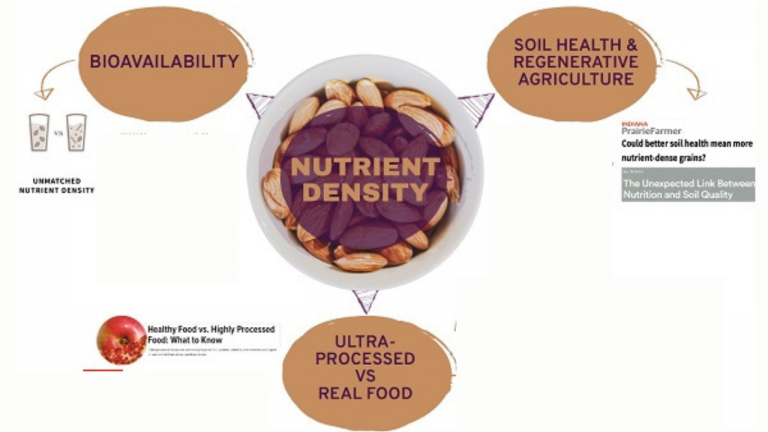How do I Lose Weight in an Easy Way Without a Workout?

While regular exercise is beneficial for weight loss and overall health, it is possible to lose weight without relying solely on workouts. Here are some strategies to help you lose weight in an easier way:
Calorie Deficit: Creating a calorie deficit is crucial for weight loss. Focus on consuming fewer calories than you burn through your daily activities and basal metabolic rate (BMR). You can achieve this by monitoring your portion sizes, making healthier food choices, and being mindful of your overall calorie intake.
Balanced and Nutritious Diet: Pay attention to your food choices and opt for a balanced and nutrient-rich diet. Include plenty of fruits, vegetables, whole grains, lean proteins, and healthy fats. Prioritize foods that are low in calories but high in nutritional value.
Portion Control: Be mindful of portion sizes to avoid overeating. Use smaller plates and bowls, and pay attention to hunger and fullness cues. Avoid mindless snacking and practice mindful eating.
Eat Mindfully: Slow down and savor your meals. Take the time to chew your food thoroughly and be present while eating. This can help you recognize feelings of fullness and prevent overeating.
Choose Healthy Snacks: If you feel the need to snack, opt for healthier options such as fruits, vegetables, Greek yogurt, nuts, or seeds. Avoid processed snacks that are high in calories, unhealthy fats, and added sugars.
Stay Hydrated: Drink plenty of water throughout the day. Sometimes, thirst can be mistaken for hunger. Drinking water can help keep you hydrated and may help control your appetite.
Limit Sugary Beverages: Sugary drinks such as sodas, sweetened juices, and energy drinks can contribute a significant amount of calories without providing much nutritional value. Opt for water, herbal tea, or unsweetened beverages instead.
Mindful Lifestyle Choices: Look for opportunities to be more active in your daily life. Take the stairs instead of the elevator, walk or bike for short distances instead of driving, and find ways to incorporate movement into your routine.
Get Adequate Sleep: Sufficient sleep is essential for weight management. Aim for 7-8 hours of quality sleep each night. Lack of sleep can disrupt hunger and satiety hormones, leading to increased food cravings.
Seek Support: Consider enlisting the support of a registered dietitian or weight loss counselor who can provide guidance, accountability, and personalized strategies for your weight loss journey.
Remember, weight loss should be approached in a healthy and sustainable manner. While exercise is not the only factor, it offers numerous benefits for overall health and well-being. Combining a balanced diet with regular physical activity will yield the best results and help you maintain long-term weight management.


